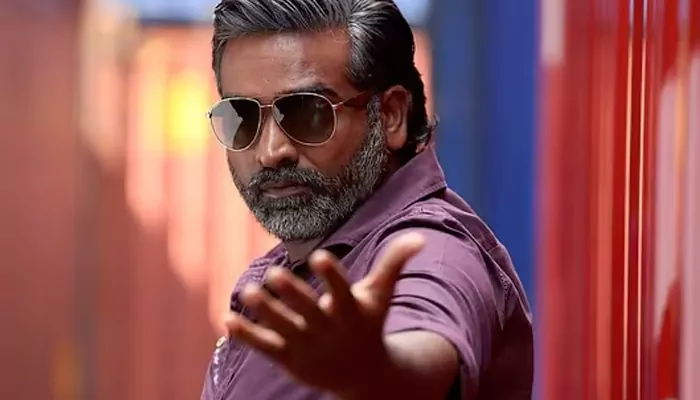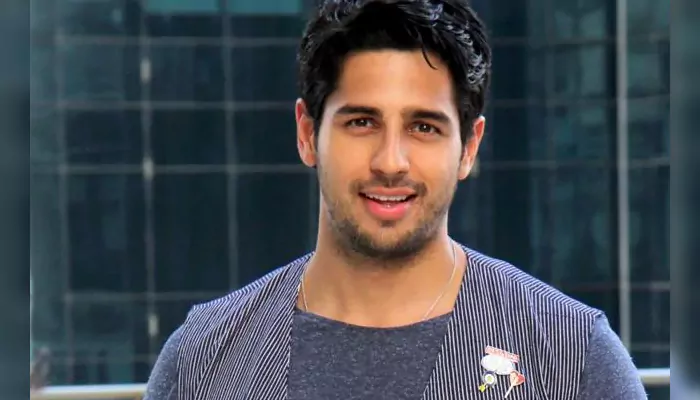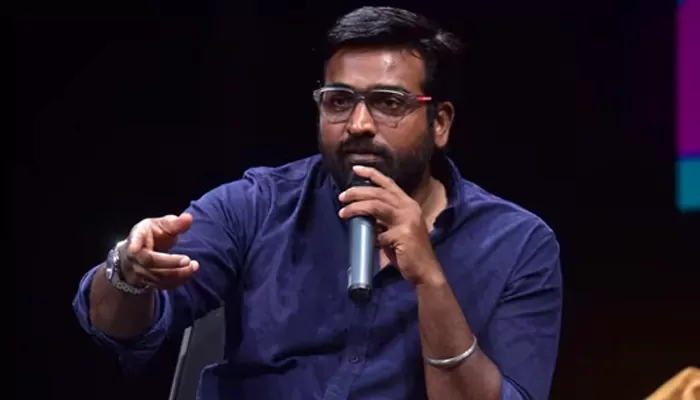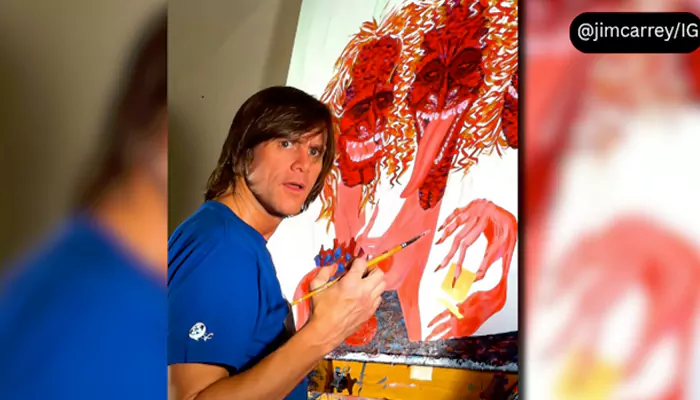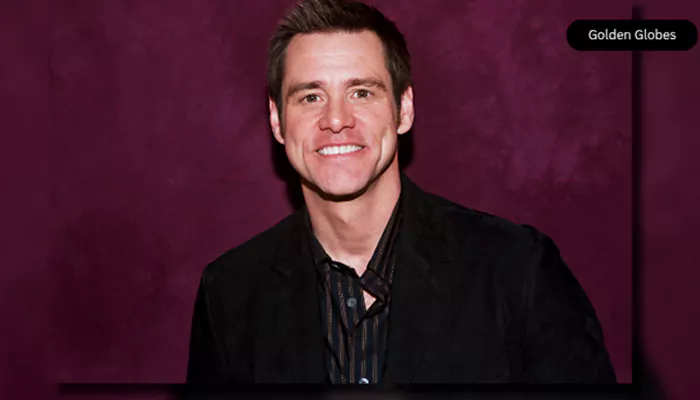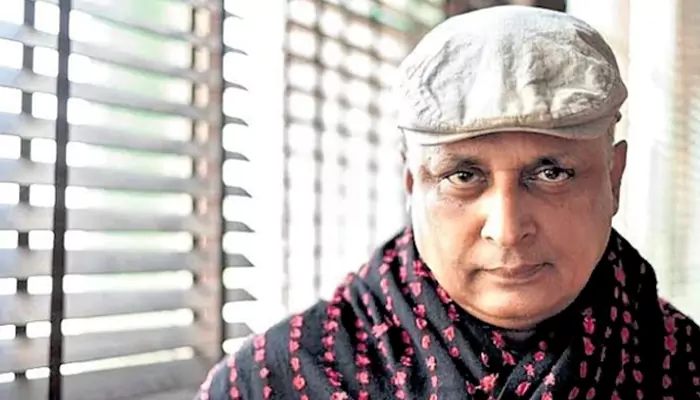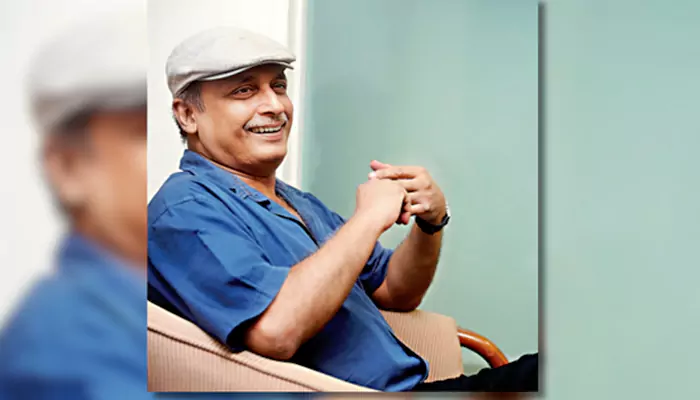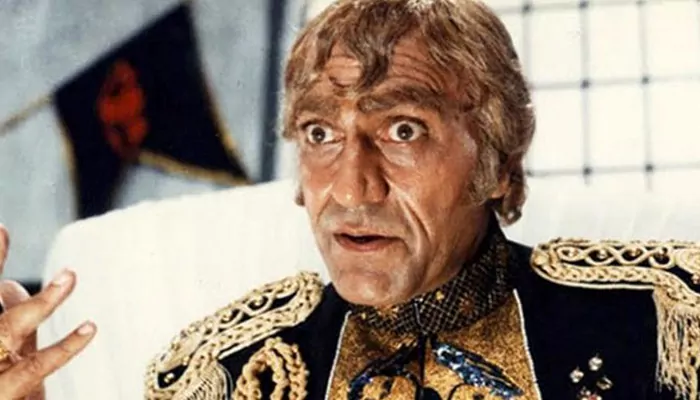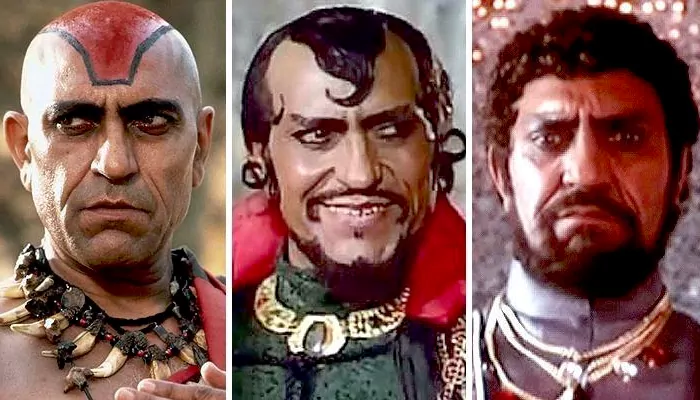Filmmakers who are inspired by Franz Kafka

Kafka's works have captivated readers for decades with their enigmatic themes and thought-provoking narratives. Do you know that his influence extends beyond the realm of literature?
There are many directors who have been inspired by Kafka and his unique themes.
Orson Welles- Orson Welles, a true maverick of cinema, was deeply influenced by the haunting and enigmatic works of Franz Kafka. Known for his groundbreaking film "Citizen Kane," Welles seamlessly blended elements of surrealism and psychological tension into his storytelling. In "The Trial" (1962), Welles takes on one of Kafka's most renowned novels. The film follows the journey of Josef K., who finds himself caught in an absurd web of bureaucracy and paranoia. Through atmospheric visuals and disorienting camera angles, Welles masterfully captures the essence of Kafka's nightmarish world.
Welles' fascination with existential themes is also evident in films like "Touch of Evil" (1958). While not directly inspired by Kafka's writings, it shares a similar sense of unease and moral ambiguity. As we witness corrupt police officers, twisted power dynamics, and fragmented identities unfold on screen, we can't help but feel the echoes of Kafka lurking beneath the surface.
With his innovative use of cinematography techniques such as deep focus and chiaroscuro lighting, Welles creates a visual language that mirrors Kafka's literary style. He immerses us in a universe where reality becomes distorted, leaving us questioning our own perceptions.
Orson Welles' cinematic exploration aligns closely with Franz Kafka's introspective narratives. Both artists challenge societal norms while delving into complex themes such as identity crisis and alienation. Through their respective mediums, they invite audiences to confront their fears and contemplate the fragile nature of existence itself.
Terry Gilliam- Terry Gilliam is a filmmaker who has often been compared to the surrealist writer Franz Kafka. With his unique visual style and penchant for absurdity, Gilliam's films capture the essence of Kafka's dark, existential themes.
One of Gilliam's most notable works inspired by Kafka is "Brazil." This dystopian film follows the story of Sam Lowry, a low-level government employee trapped in a bureaucratic nightmare. The film's chaotic and dream-like visuals perfectly convey the sense of unease and helplessness that permeates Kafka's work. Another example of Gilliam doing Kafka is seen in his film "The Zero Theorem." Set in a futuristic world controlled by corporations, this movie explores themes of alienation and identity crisis. Like many of Kafka's protagonists, the main character Qohen Leth finds himself caught up in an incomprehensible system beyond his control.
David Cronenberg- David Cronenberg is a filmmaker known for his unique and thought-provoking style. His films often explore themes of technology, identity, and the human body. Cronenberg's work is heavily influenced by Franz Kafka, as he delves into the surreal and unsettling aspects of human existence. One of Cronenberg's most notable films is "Videodrome," a dark and twisted tale about the dangers of media manipulation. This film draws parallels to Kafka's writings on bureaucracy and control, as the protagonist becomes ensnared in a web of conspiracy that blurs reality and fiction.
Another film by Cronenberg that showcases his fascination with Kafkaesque themes is "Naked Lunch." Based on William S. Burroughs' novel, this movie combines elements of drug addiction, hallucinations, and insect-like creatures to create an eerie atmosphere reminiscent of Kafka's works.
Cronenberg continues to push boundaries with films like "eXistenZ" and "Cosmopolis," both exploring themes such as virtual reality, alienation, and societal decay. These movies challenge our perceptions of reality just as Kafka did with his literary works.
Through their exploration of technology's impact on humanity and the blurred lines between fantasy and reality, these filmmakers keep audiences engaged while provoking deeper questions about human nature. It is a testament to their talent as a filmmaker who truly embodies Kafkaesque themes without replicating them directly.

